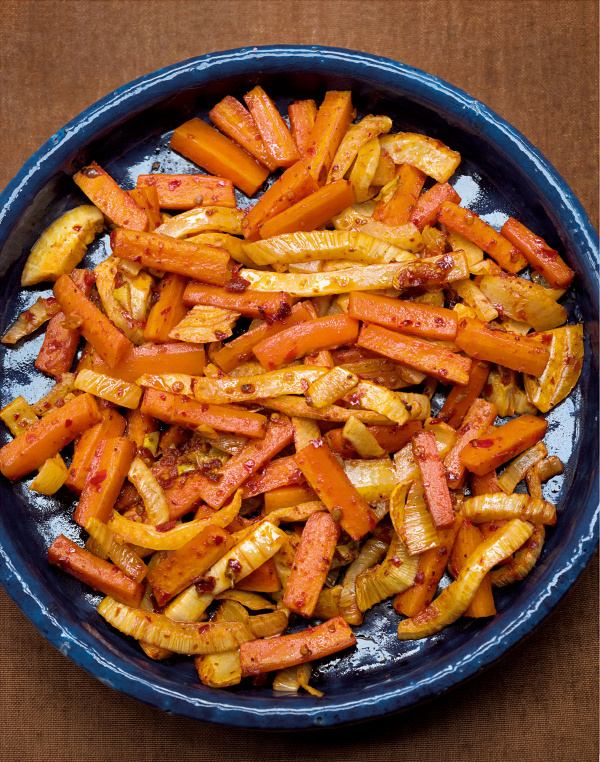Differences in Olive Oil
Asked by ohvalentine. Answered on 24th October 2014
Full question
Hi Team Nigella, I was wondering how to tell whether to use original olive oil or extra virgin olive oil in cooking? I always use normal olive oil - I have both, however the question goes through my mind "Should I use extra virgin?" Thanks! Dan
Our answer
Olive oil all comes from olives and usually these are mechanically pressed to extract the oil. Extra virgin olive oil is defined as oil that contains no more than 0.8% of oleic acid. Quite often it comes from the first pressing of the olives and is likely to have specific flavour profiles, depending on where the olives are grown.
What we would think of as "regular" olive oil is usually a blend of virgin and refined olive oils. It normally has a less pronounced flavour profile. It is cheaper than the extra virgin types of oil and is the olive oil most commonly used for cooking as it is cheaper. Also heating the extra virgin oils too much can mute some of the flavours. So most people will recommend using "regular" olive oil in cooking and saving the extra virgin oils for finishing dishes and dressing vegetables, pasta and salads. However for high heat cooking, such as deep fat frying, then an unflavoured vegetable oil is the best option as it can be heated to higher temperatures (it has a higher smoke point) than olive oils.





Tell us what you think
Thank you {% member.data['first-name'] %}.
Explore more questionsYour comment has been submitted.